
What does the CFO’s changing role mean for you?
Over 150 finance leaders from FTSE 350, Fortune 500, large private companies, and smaller organisations shared with us how the CFO’s role is changing, what that means in practice, and how to make the most of it. Here’s what we’ve learnt — and how forward-thinking CFOs can prepare.

The CFO’s fairer future toolkit
Whether you’re the CFO of a public company or a privately owned SME, your role is changing. You’re now responsible for measuring all kinds of value — not just financial — and helping to drive it too. While there’s no doubt this places new demands on you and your team, it presents opportunities for those who want to step up to the plate. Our research identified five in particular.
1. Measure & report on social value
The finance team is best equipped to measure and report, whatever the metrics. And we know that what gets measured gets managed. So, if your organisation is serious about creating social value and impact, you and your team need to measure it and report on it — or it won’t happen. Read more…
2. Make non-financial metrics matter
As CFO, you hold huge sway over how decisions get taken and the data used to inform them. Embed the right metrics and questions into every process that matters — from capital allocation and internal reporting, to incentive schemes and target-setting — and you’ll get everyone marching in time and to the beat of a different drum (whatever that sounds like for you). Read more…
3. Flex your spending muscles (for good)
CFOs hold the purse strings, and the decisions you make about when and how to loosen them can have a huge impact. Changing your procurement criteria can drive action through the supply chain, for example. And you can wield your financial clout to improve conditions for suppliers too, by contracting responsibly and paying on time. Read more…
4. Take hard look at your tax strategy
This isn’t about paying more tax than you should. It’s about questioning whether your tax strategy and conduct is responsible and ethical. It’s also about managing risk, as the world asks ever more challenging questions around corporate tax affairs. If you had to explain your organisation’s tax strategy to your grandchildren — or an angry mob — would you be confident that it could stand up to their scrutiny? Read more…
5. Use your voice to tell a different story
The CFO’s voice gets heard, and it’s time to use yours. Craft a narrative around your organisation’s non-financial goals that gets your stakeholders on side. Show the world what you care about — through the projects and initiatives you get involved in and the visibility (and resources) you give them. Read more…
Why do CFOs need a new toolkit?
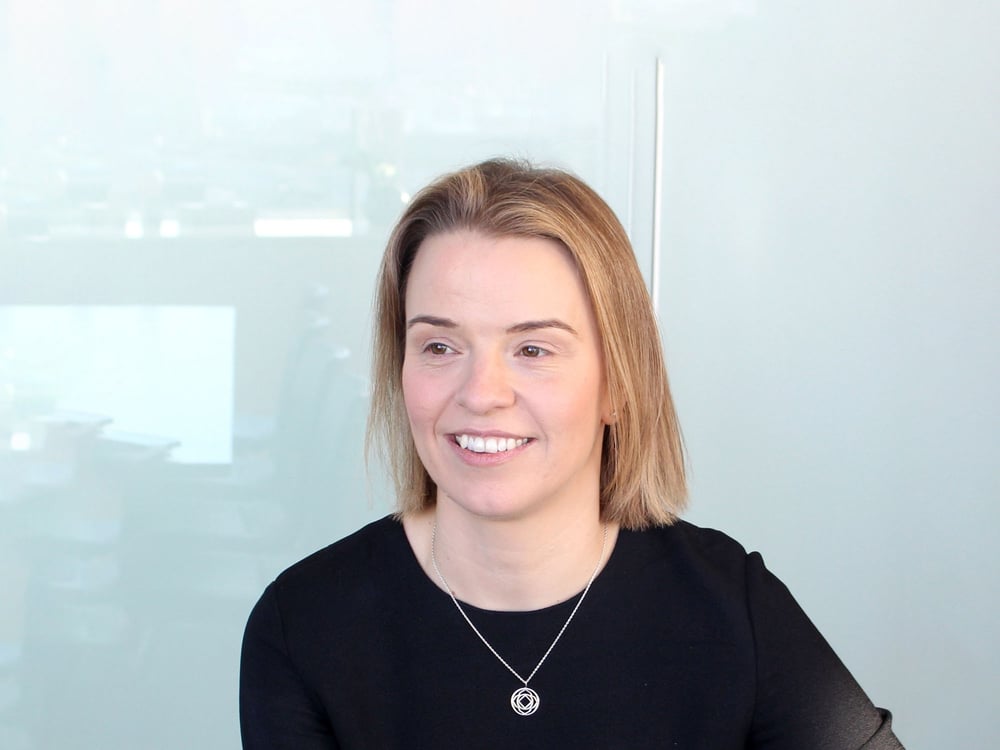
Twenty years ago, few CFOs were spending a lot of time thinking about issues like climate change and how to solve for them. Today that is simply no longer the case.
~ Sally Lake, CFO, Beazley — read the interview
How is the CFO’s role changing?
The modern CFO is a far cry from the “bean counter” of the past. Today’s CFOs are brilliant communicators who build relationships with and influence stakeholders. They’re horizon-scanners who look around corners for emerging risks. They’re strategic partners who drive value creation alongside the CEO in every part of the business.
But the change that CFOs are experiencing now reflects an even more fundamental shift — one that’s hastening the demise of the traditional CFO and creating opportunities for those who can look beyond financial performance to deliver against a broader definition of value.
The CFO’s “wide angle lens” (as one finance chief described it) is getting wider. Society’s view of why businesses exist and how they should operate is changing. CFOs need to assure their board, investors, and leadership team that their business is delivering for shareholders while also contributing positively to society — which means they need to be across all of the strategic factors that drive financial and non-financial value.
What does that mean for CFOs today?
These trends impact all companies. And they impact all CFOs too, touching every aspect of your role — from what you measure and how you allocate resources, to the skills you develop and the teams you build. Companies are developing a different kind of finance leader to navigate these changes, one that leads on measuring all kinds of value and helps to drive it too.
But this shift shouldn’t be considered a threat. Because these trends will create exciting opportunities for CFOs who can step up to the plate.
CFOs have traditionally been seen as the leader that says “No” — the barrier to making change — but this research challenges that.
The polycrisis of climate, biodiversity loss, and growing inequalities threatens economic disruption. It makes sustainability a business issue and a core one for professional accountants. It stretches the CFO’s purview beyond the traditional heartlands of financial capital, to think about creating and maintaining natural, human, and social capital. It’s a story of value creation, extending the CFO’s role to Chief Value Officer.
~ Richard Spencer, Director, Sustainability, ICAEW
Through hundreds of conversations with finance leaders, we’ve found a community of inspiring and proactive CFOs who believe they can address social and environmental issues through their work and are willing to use their power and influence to make it happen.
So, what are the implications? And what should you stop, start, or do differently today, to prepare for that tomorrow?
Our research has identified five levers that will help CFOs thrive in this new environment, which together make up the CFO’s fairer future toolkit. Read on to find out what they are, how they are helping forward-thinking CFOs to add value today, and what you need to do to take advantage of them.
You just need to read the news to see that money is responsible for many of the worst things happening in the world today. But it also enables the best and most beautiful things happening around us.
CFOs and other finance professionals should recognise that there are many different ways of making, earning, and distributing money, and you can choose to use that money for good. That ability to choose is one of the most exciting parts of being a CFO.
~ Javier Echave, CFO, Heathrow Airport Holdings
What does the toolkit look like?

Today, we as business leaders have a clearer understanding that businesses exist to provide outcomes for stakeholders. Therefore, the way to define and measure success in any organisation is through its impact on stakeholders.
~ Patrick Butcher, Non-Executive Director, Endava; ex-CFO, Capita, Go-Ahead, and Network Rail — read the interview
1. Measure & report on social value (even though it’s hard)
Modern CFOs are fast becoming the champion of all kinds of value, not just financial.
With disclosure requirements and stakeholder pressure intensifying, companies are expected to share more information about a wider range of issues than they ever have before — such as biodiversity, human rights, supply chain ethics, culture, and diversity.
Increasingly, investors (and not just those focused explicitly on ESG) define “value creation” in its broadest sense. And they’re scrutinising non-financial measures just as carefully as financial ones when deciding where to invest, whom to work with, and how well management are delivering on their commitments.
But this shift isn’t just about meeting external requirements. Non-financial metrics are an essential part of the performance picture for boards and leadership teams too. As one CFO put it, it’s no longer about values, it’s about value.
Twenty percent of our KPIs are related to sustainability goals, including social and environmental targets.
~ Sarah Pollard, CFO, PZ Cussons — read the interview
Non-financial metrics also help leaders to develop a deeper understanding of their organisation’s financial health and assess risk. CFOs are factoring these metrics into performance measurement, forecasting, and risk analysis because they help them to do what they’re already doing — only better.
And what gets measured gets managed. So, if your organisation is serious about creating social value, you and your team need to measure it and report on it — or it won’t happen.
Generally, if you use the right non-financial measures for your business then the financial performance is just the scorecard of all those things working well.
~ Romaney O’Malley, Group CFO, bolttech — read the interview
Why can’t this sit with anyone else?
For many CFOs, putting non-financial metrics under the finance team is the logical choice. They’re the only team in the organisation with the skills, tools, and technology to measure, analyse, and report on them — and do it well.
The CFO oversees a team of data experts who can apply dispassionate rigour to areas like climate disclosures or social impact. When finance teams lead on these metrics, with input from subject matter experts in other teams, they don’t just improve the accuracy of the data, they improve the insights that are drawn from them too.
It makes complete sense to apply the finance function’s skillset to non-financial data. It provides reassurance that it has been subject to the same series of robust controls and standards that we apply to financial data.
~ Andy Agg, Group CFO, National Grid
Insight does not automatically drive impact, of course; value comes from using that insight to make the right decisions. And this is where the finance team comes into its own — in helping to make difficult choices, when you can’t fund every project or initiative that might help the business to achieve its goals. The finance team brings discipline, robust challenge, and consistency to these choices, ensuring that investments in non-financial value creation are grounded in commercial, strategic, and financial good sense.
A fundamental part of the role is capital allocation and the list of asks is always more than we can afford. We have to make sure we’re evaluating for real potential before we invest, but this isn’t just financial reward. We’re also looking for non-financial impact.
~ Stephen Oxley, CFO, Johnson Matthey — read the interview
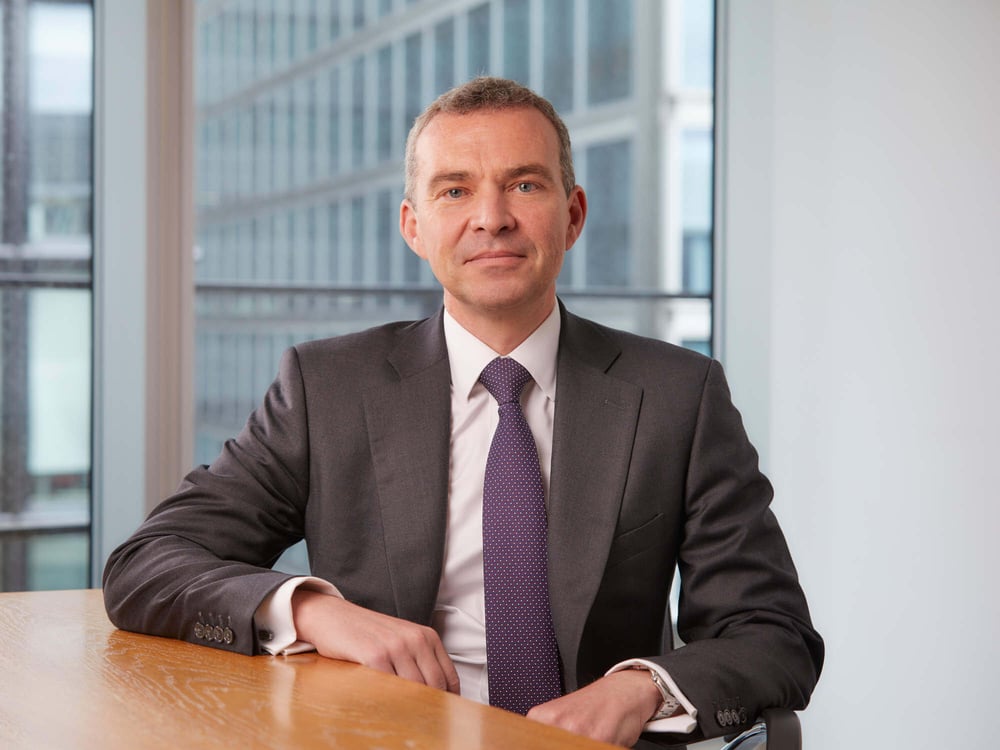
CFOs are recognising that it’s their responsibility not only to report against things like sustainability or diversity and make sure the numbers are accurate, or help decide what the target should be, but also to help the company achieve those targets.
~ Jeff Davies, Group CFO, Legal & General — read the interview
2. Make non-financial metrics matter — for everyone
Great CFOs don’t just set the targets and make sure the numbers are accurate. They hold huge sway over how decisions get taken and the data that is used to inform them. They ask how the organisation’s targets will be achieved and what they can do to help. And they use what’s within their control to ensure everyone in the organisation cares about them.
Internal reporting and planning documents, and the discussions and meetings that spring up around them, have always been in the CFO’s toolkit. They help with measuring and managing performance and allocating resources. But, for modern CFOs, they now serve an additional purpose: setting the tone, influencing how a company is run, and signalling what’s important (especially if you need to remind people that what’s important is changing).
In all of our papers we include a mandatory ‘values and ethics’ section. For example, we had to choose a partner for a new product and we had to reflect on how each option would impact the whole picture. That framework helped us to decide, and we went with the option that favoured values and ethics rather than the one that was most financially favourable.
~ Louise Britnell, CFO, The Co-operative Bank — read the interview
For example, CFOs determine the metrics, outcomes, and implications that management must consider when they write business cases and make spending decisions. When CFOs embed relevant non-financial considerations into these processes alongside traditional financial ones, they encourage management to define value in the same way that the board, investors, and leadership team do. Repetition breeds familiarity, and over time these non-financial factors become less of a “new” thing and more of a habit.
CFOs also work with their peers in the C-suite to shape the metrics that are used in incentive schemes and promotion and pay decisions — and where the relevant targets are set. CFOs have told us that they’re already linking significant proportions of discretionary pay to initiatives with social and environmental impact.
Our employee survey results affect our compensation: at least 90% have to say that we’re a great place to work.
~ Alison Dolan, CFO, Rightmove — read the interview
“S-EBITA”: how Asahi make carbon matter for everyone
Wanting to make it easy for every decision maker in the business to make sustainability-led decisions, the finance team at Asahi set about developing a new performance measure: “S-EBITA”.
Short for “Sustainability-EBITA”, this expands the traditional measure of EBITA to take environmental costs, based on a consistent internal carbon price, into account. It’s applied to all CapEx decisions, woven into targets and incentives, and reported on in monthly performance updates and KPI dashboards.
This rigorous but simple approach has had several benefits:
- Decisions are based on relevant, consistent information rather than gut instinct and personal preference.
- Responsibility and power for the business’s sustainable transition is put into the hands of managers making decisions at every level of the organisation.
- Management can form a more holistic picture of performance and risks. By highlighting which of Asahi’s markets, SKUs and projects carry the highest and lowest risk when accounting for environmental impacts, the leadership team can take proactive steps to minimise the risk to profits associated with the “polluter pays” principle, and accelerate the growth of low-environmental cost opportunities.
- It also diffuses potential conflict between sustainability and financial performance by intertwining these goals, and incentivising employees to maximise sustainable profit.
It takes what would have been a difficult decision, with competing forces and often an emotional component, and makes it an objective one that maximises our sustainable profitability.
~ Andrew Bailey, CFO, Asahi Europe & International

One of the decision points that most impacts the carbon footprint of our business, alongside capital expenditure, is how we choose suppliers. Finance absolutely have to be influencing that agenda.
~ Mike Clark, VP Finance Strategy & Transformation, Coca-Cola Europacific Partners
3. Flex your spending muscles (for good)
There are many ways that CFOs can use traditional financial levers to deliver non-financial goals, but working in partnership with suppliers is one of the most powerful. This includes prompt payment of invoices, treating suppliers fairly, and the environmental and social standards you hold them to.
Supply chain fragility is an issue post-Covid. But the strong relationships we built with suppliers through the pandemic — by making sure we were communicating with them and paying promptly or earlier — have really helped us now.
~ Brad Greve, CFO, BAE Systems — read the interview
For many this is first and foremost about risk management; your business is at risk if key suppliers go bust, and small companies in your supply chain are particularly vulnerable to unpredictable cash flows. Being paid on time or early can be a lifeline. But it’s also about the commercial benefit that comes from having better relationships with suppliers.
Many companies are signatories to the Prompt Payment Code to demonstrate their commitment, and prompt payment is one of the components of the Good Business Charter, which has accredited nearly 1,200 UK-based businesses since 2020.
Procurement is also an opportunity for large companies to use their influence in a positive way — to raise the bar for standards and drive action throughout the supply chain.
After a successful pilot we now allocate 20% of scoring in procurement to social value. Partners need to demonstrate clear benefit to residents and communities.
~ Eamonn Hughes, CFO, Peabody — read the interview
By including social value or environment metrics in your procurement process, you can require those tendering for your business to demonstrate that they are delivering a clear benefit to society alongside value for money. This helps to drive change in the ecosystem, encouraging potential partners to articulate and be ambitious with how they deliver value of all kinds. For B2B companies, the same approach can be applied to customers too.
We consider our prospective clients through an ESG lens, looking at the social, environment, ethical, and reputational factors that may impact our decision to act for them.
~ Sunil Dhall, Chief Finance and Operating Officer, Peel Hunt
A high social or environmental bar could be difficult for smaller companies to meet. But with a thoughtful approach to procurement, you can create a more level playing field.
It’s important that we’re able to support local businesses as it’s a crucial way to enhance our impact. As lead partners in the London Anchor Institutions Network, we work with other major London institutions to increase the proportion of goods and services purchased from micro-, small-, and medium-sized enterprises. We know if you’re a large organisation your procurement rules tend to push you to the big suppliers. There needs to be a different approach if smaller organisations are not to be disadvantaged.
~ Rita Akushie, Pro Vice-Chancellor Finance & Operations, University of London
What’s more, meeting this high bar is increasingly considered a “must have” rather than a “nice to have” — and part of the cost of doing business, especially if you want to work with large companies or the public sector. Central government must give social value a minimum weighting of 10% in procurement, and all public bodies have to consider how what they buy might improve economic, social, and environmental well-being.
CFOs from companies with close links to their local area tend to lead the charge here, especially when the customer and employee base are based in the local community. These CFOs have been measuring and tracking the impact of their company’s activities on their local community for some time. And they’ve been investing in it too — supporting improvements in infrastructure and education, for example, not just for transportation links and workforce skills but also to ensure they retain their license to operate in the long term.
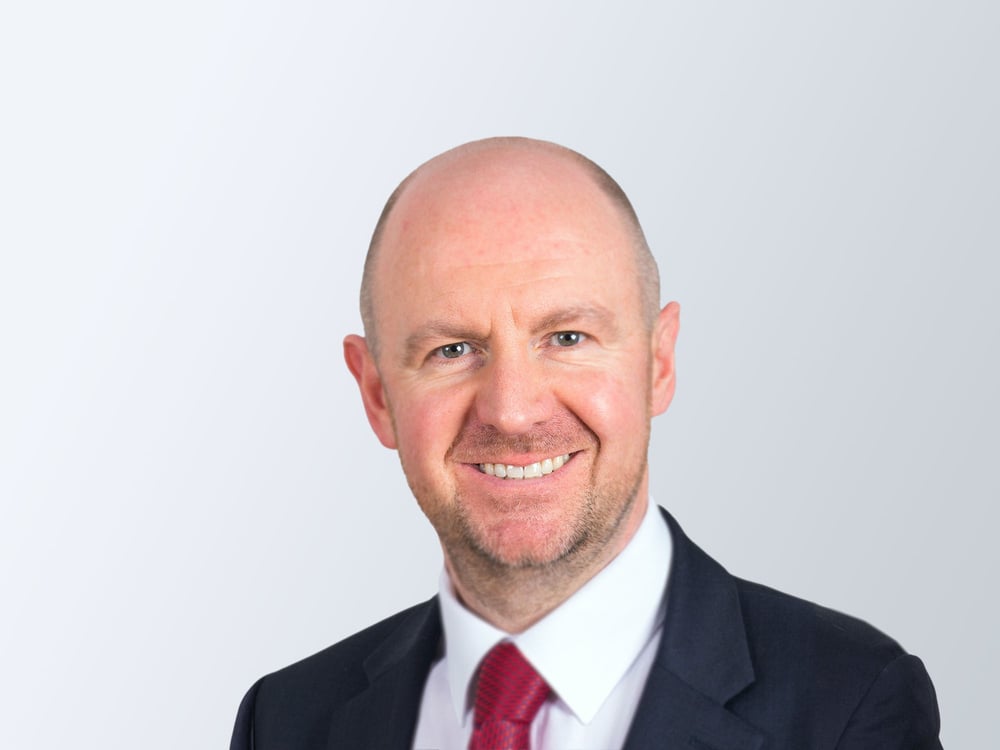
If you don’t pay your fair share of tax, what’s the point of being environmentally responsible? It’s in the CFO’s gift to make sure our company’s tax conduct is responsible and ethical.
~ Joel Ripley, CFO, Schroders Personal Wealth — read the interview
4. Take a long, hard look at your tax strategy and conduct
Tax policy has always been an important part of the CFO’s remit, but forward-thinking CFOs recognise that their responsibility goes further than paying no more than is necessary and staying on the right side of the tax authorities. They see their role as setting the right tone for the company’s tax conduct — deciding if it is responsible and ethical, and taking action when it falls short.
CFOs are also highlighting tax ethics as an area of reputational risk. Responsible business expectations mean companies are under pressure from the public to be transparent about tax and to pay tax fairly, and accreditations such as B Corp or the Good Business Charter set expectations for fair tax payments.
What’s more, the OECD have introduced global minimum tax levels to discourage multinationals from using low-tax countries to boost profits, and tax authorities are making more requests for detailed tax information which may drive more formal audits in the future. Skating on the edge is becoming increasingly risky, and savvy CFOs are taking steps to avoid straying too close to it.
This isn’t about paying more tax than you should, but about asking the right questions to your team and leadership about your tax strategy. Can you, as the CFO, take ownership of the tax strategy? And are you comfortable that, if you had to explain it to the employee base or your grandchildren, it would stand up to scrutiny?
The biggest shift in the CFO’s role in the last 15 years is going from being the person with all the answers, to one focused on asking the right questions.
~ James Richardson, FD, Manchester Airports Group
Finding capital that cares (about the things you care about)
Where a company gets its capital from has a significant impact on the goals it sets, the strategy it adopts to achieve them, and the time horizon over which its results need to be delivered.
The CFOs we spoke to at companies with patient capital investors, owners that are purpose-first, or which have employee ownership structures, all noted that their “choice” of investor or ownership structure made a significant difference — enabling them to align long-term business strategy with long-term returns
In our business, we have long-term investors and a full operational licence to run the business in the best interest of all stakeholders and to balance the short and long term.
~ Sarah Pollard, CFO, PZ Cussons — read the interview
On the flip side, many CFOs talked about the downsides of short-termism, and the challenges this presents teams who want to step up their response to social and environmental issues. If your business has some influence over who invests in it, this could mean finding capital that cares about the things you care about or has a longer time horizon or exploring different ownership structures altogether
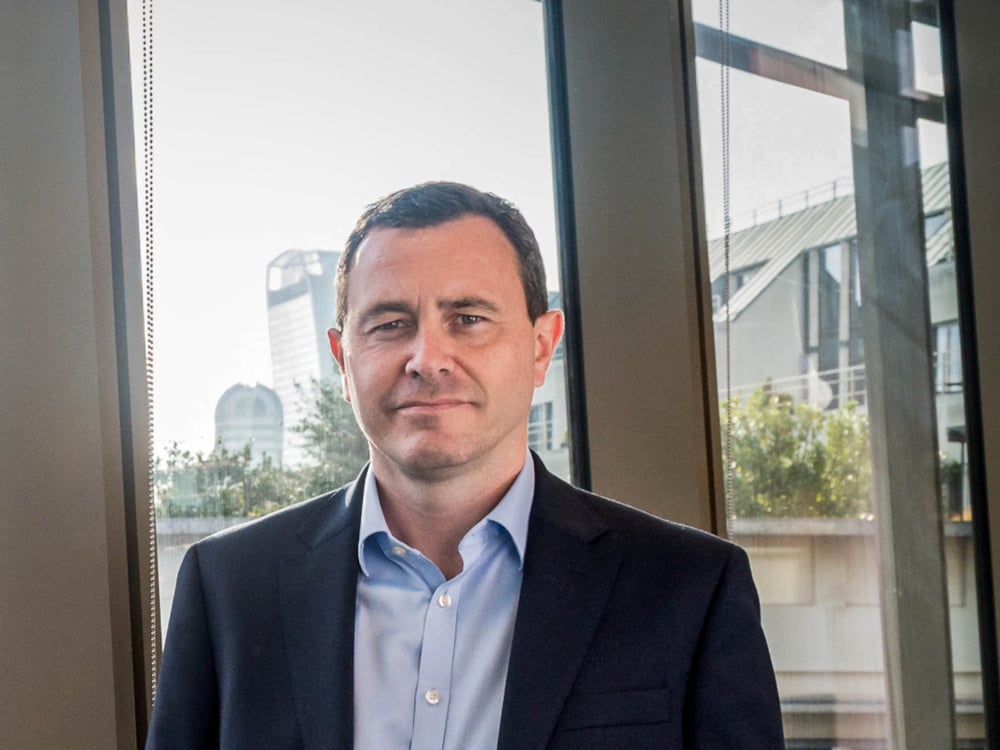
The CFO can raise the profile of sustainability and responsible business simply by being a visible part of the debate. I’m on the steering committee for our ‘Do What Matters’ plan. As CFO I have to be able to clearly articulate the business case for pursuing these objectives, while also demonstrating commitment to these aims in investment allocation.
~ Declan Hourican, CFO, TSB Bank — read the interview
5. Use your voice to tell a different story
CFOs have a voice that gets heard — internally and externally. And one of their most important responsibilities is to tell the business’s story to employees, investors, lenders, and other stakeholders.
The story you tell about your organisation’s non-financial goals and how they connect to financial success has a significant impact on how seriously those stakeholders take them. It impacts how they evaluate the business case around the investments you need to make and how they assess your performance.
If the CFO can articulate in a clear and compelling way how tackling climate change, investing in a thriving workforce, or delivering social value will contribute positively to performance, people will sit up and listen — and they’re more likely to give the business the time and space it needs to get on with it.
If the business wants to do something that isn’t necessarily a direct driver of top-line profit but is the right thing to do, you have to think of it as an investment. As CFO, my focus is on us making the best value choice to support it.
~ Clare Swindell, Co-Chief Executive (& former CFO), Camelot — read the interview
Many savvy CFOs have already clocked on to the “win-win” decisions and factored them into their narrative — for example, cutting electricity use in offices reduces your carbon footprint as well as your costs. But they also acknowledge that some of the investments the business could make in positive social outcomes will come with short-term trade-offs or will require a longer time horizon to deliver value. Here, the CFO’s voice — and the conviction with which they frame these choices — is vital.
There are some things that you just have to do, and you can’t always measure that imperative, it takes personal judgement. For example, we’re making investments in electrification that will take a long time to produce any returns, if at all. This is something we must do to support our customers and their sustainability strategy. It carries a financial cost but it also makes absolute business sense to do it.
~ Andrew Bonfield, CFO, Caterpillar
CFOs can also add weight to this narrative by investing their time, skills, and energy in projects or initiatives with social value goals. When the CFO gets involved and makes their involvement visible, it sends a powerful signal — not just to employees but those watching from the outside too — about what’s important.
CFOs are often in the role of being served up with ideas or initiatives from other departments that they can greenlight or redlight. But by taking a leadership role on these topics — for example by being the executive sponsor for diversity and inclusion, safety or sustainability — you can establish that it is a business-critical issue and foster the collaboration that’s needed to deliver.
In my experience, it helps HR a lot when the CFO chimes in on a people-focused initiative. It helps show that it’s not just another initiative spending money, and that we’re all working towards the same common goal.
~ Vincent Toolan, CFO, Mollie
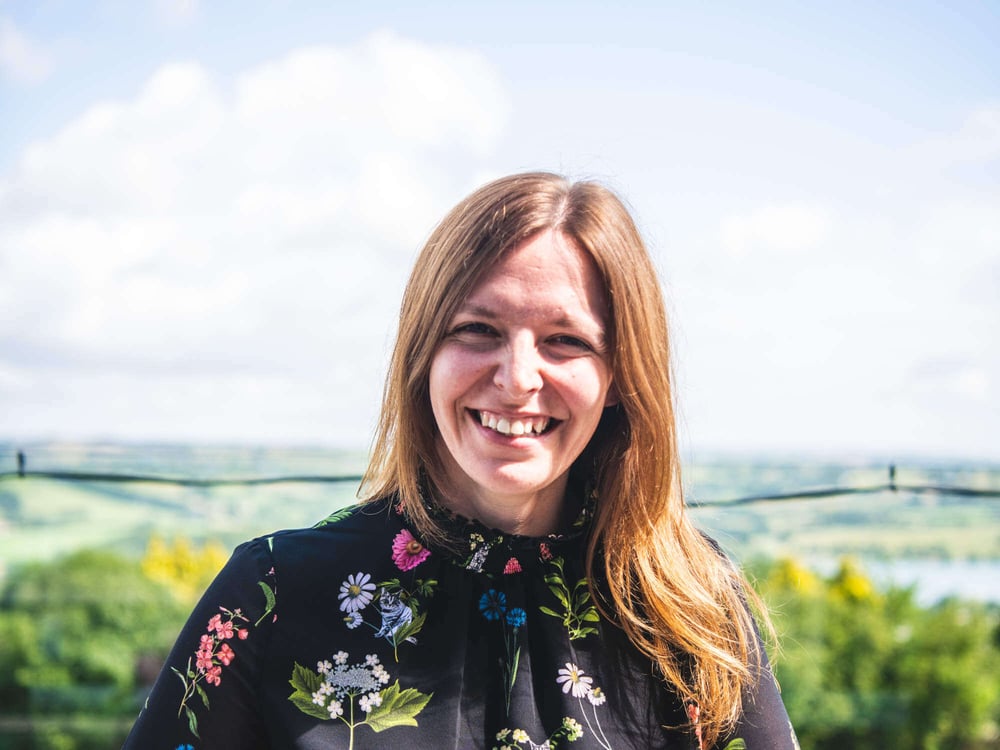
The power to instigate change lies with corporates.
~ Fay Cooke, Chief Finance and Impact Officer, Yeo Valley — read the interview
What next?
Over the past year, we’ve been struck by the sheer number of finance leaders who’ve told us that they have a role to play in creating a fairer future — and by how strongly so many CFOs feel about it. We’ve also been inspired by the diversity and creativity of the approaches that they’ve shared with us.
CFOs are stepping up. And this isn’t a “nice to have” or a “side of desk” challenge; it’s core to the CFO’s remit and their success in the role. It’s essential for a thriving business, too.
Within a generation, chartered accountants will have to sit a paper on measuring ESG, just as they have to sit a paper on tax or audit today.
~ John Worth, CFO, Hastings Group — read the interview
But having conducted over 120 hours of interviews and roundtable discussions with finance leaders, we still have a few questions on our minds, such as:
- How can CFOs be better supported to navigate the obstacles that others might put in their way?
- What are the questions every CFO should answer in their own board report, and have the wider business answer in their reports?
- How can we better equip those at earlier career stages to succeed in this environment?
- How do we accelerate the process?
- Where can we find more great ideas to share with the community?
The CFO’s role is broader and more strategic than ever before, and this is an opportunity for those who want to grab it. CFOs of the future will need every skill they have now along with a host of others to allow them to approach value, risk, and strategy in the most intelligent way.
~ Mark Freebairn, Head of CFO and Board Practice, Odgers Berndtson
If you want to share your thoughts on these questions, be involved or nominate someone to take part in the next phase of the inquiry, please get in touch.
These are challenging times and CFOs will be at the heart of the required transformation. The role of the CFO needs to adapt accordingly and we at the ICAEW will continue to work with our member CFOs, and the finance community in general, to ensure they have the skills and knowledge to meet these challenges head on and make a real difference.
~ Peter van Veen, Director, Corporate Governance & Stewardship, ICAEW
Thank you
Thank you to all the CFOs who contributed to this research, including those from the following companies:




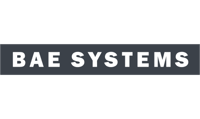



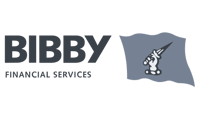







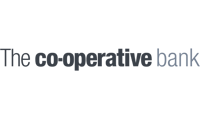





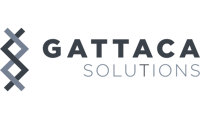


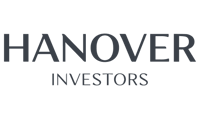





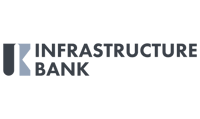
































Board Intelligence Think Tank
Join the community
Sign up to find out more about the next phase of our inquiry, including:
- Interviews with CFOs already taking action
- Upcoming events and dinners for senior leaders
- Practical guides to tackle tomorrow’s challenges
“There are many different ways of making, earning, and distributing money, and you can choose to use that money for good. That ability to choose is one of the most exciting parts of being a CFO.”
~ Javier Echave, CFO, Heathrow Airport Holdings



